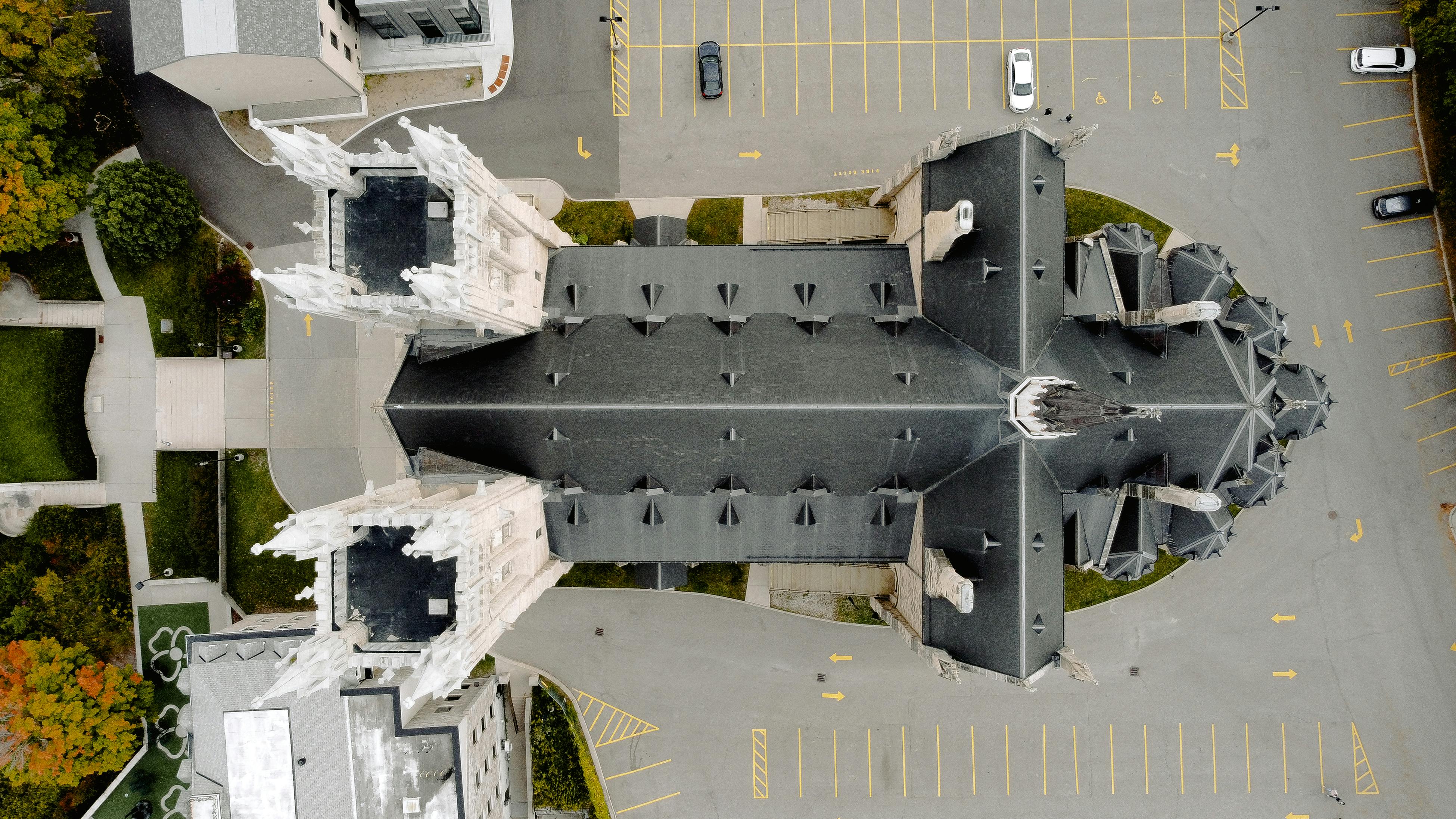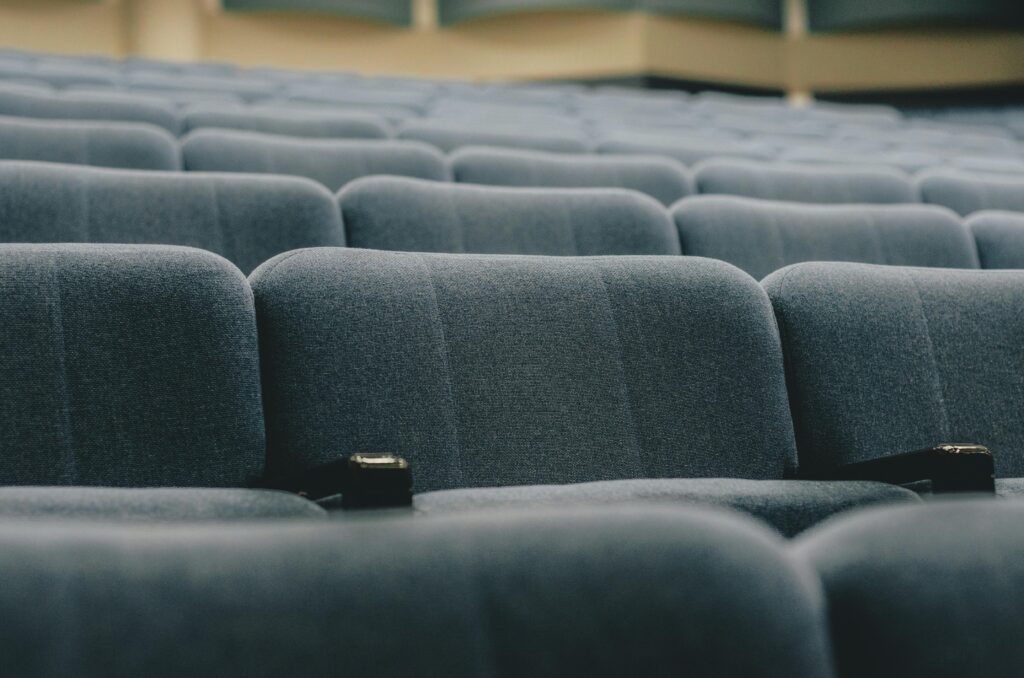Exploring the Fo Guang Shan Fremont Culture and Education Center
The Fo Guang Shan Fremont Culture and Education Center stands as a beacon of cultural harmony, spiritual growth, and lifelong learning. In a time where personal growth and cultural understanding are more vital than ever, this center offers a sanctuary for both. In this article, you’ll uncover the rich history, practical functions, and future potential of this profound institution and how it can impact your life or community.

Understanding the Fundamentals
The Fo Guang Shan Fremont Culture and Education Center is a regional branch of the global Fo Guang Shan Buddhist organization, founded by Venerable Master Hsing Yun. It combines elements of humanistic Buddhism with educational programs to promote peace, wisdom, and compassion through cultural exchange and public outreach.
This institution focuses on cultivating ethical values, promoting spiritual development, and enhancing community integration through classes, retreats, art, and festivals. Understanding its foundational mission helps appreciate the layers of impact this center provides to diverse audiences across the Bay Area.
1.1 Humanistic Buddhism
Humanistic Buddhism emphasizes bringing Buddhist principles into everyday life, focusing on compassion, ethics, mindfulness, and community service. Rooted in Mahayana traditions, it emphasizes benefiting both the individual and society through spiritual practice and moral behavior.
At the Fo Guang Shan Fremont Culture and Education Center, Humanistic Buddhism is practiced through community service events, meditation, language classes, and interfaith dialogues. Unlike secluded monasticism, this approach integrates deeply with modern lifestyles, making it accessible and relevant to everyone.
1.2 Education as Enlightenment
Unlike traditional educational systems, the center offers spiritual education interwoven with cultural heritage. It encourages both intellectual and inner development. This makes it unique among institutions, balancing heart and mind in its teachings.
For instance, children can attend Chinese language and Buddhist ethics classes, while adults may join weekly Dharma talks and calligraphy workshops. This comprehensive programming supports lifelong learning in a peaceful and inclusive setting.
Practical Implementation Guide
Transforming philosophical teachings into real-life application is central to the center’s mission. Programs are designed with a structured approach so that participants can experience measurable growth in both spiritual and emotional well-being.

2.1 Actionable Steps
- Visit the Center: Begin by attending an open house or Dharma service to observe and participate in activities.
- Enroll in Classes: Choose from Mandarin courses, meditation workshops, or Buddhism 101. Materials are often beginner-friendly.
- Set Goals: Establish a spiritual or personal development goal, such as improving mindfulness or deepening cultural awareness, and track progress monthly.
2.2 Overcoming Challenges
Participants may face hurdles such as language barriers, unfamiliar rituals, or time constraints. Solutions include:
- Taking beginner-friendly programs designed for newcomers
- Asking staff for multilingual materials
- Committing to short but regular visits
To maintain momentum, it’s helpful to find a mentor or join a study group. Consistency is more important than intensity when beginning this journey.
Advanced Applications
For those ready to deepen their commitment, the center offers immersive programs that extend beyond weekend classes. These are tailored for experienced practitioners or community leaders interested in applying Buddhist teachings in broader contexts.

3.1 Dharma Leadership Training
This intensive program trains individuals to lead study groups, facilitate meditations, and organize community outreach. Graduates often go on to become liaisons between the temple and the local population, fostering inclusion and outreach. Metrics such as participant retention and volunteer engagement demonstrate its success.
3.2 Digital Integration for Remote Learners
With the rise of online education, the center has adopted virtual learning tools. These include live-streamed Dharma talks, virtual chanting sessions, and downloadable texts. This ensures those who can’t physically attend can still benefit from the teachings.
Compatibility with devices, language translations, and adaptive learning techniques make it an effective model for blending tradition with technology.
Future Outlook
The next few years will likely see continued digitization of programs and broader engagement with younger generations through social media and gamified learning. Additionally, the center may expand its eco-conscious initiatives, promoting sustainability as a spiritual duty.
Staying updated on upcoming events, webinars, and new course offerings will help visitors align with evolving opportunities. The center is poised to remain a key player in spiritual and cultural education in the Bay Area.
Conclusion
Three core insights emerge from the Fo Guang Shan Fremont Culture and Education Center experience:
- Its commitment to Humanistic Buddhism is both philosophical and practical
- Its structured yet inclusive programs cater to all ages and levels
- It embraces modernity while preserving ancient wisdom
Whether you’re seeking cultural understanding, spiritual awakening, or community involvement, this center offers pathways to each. Start by exploring one program and build your journey from there.
Frequently Asked Questions
- Q: What is the Fo Guang Shan Fremont Culture and Education Center? It’s a local branch of a global Buddhist organization offering spiritual, cultural, and educational programs.
- Q: How can I get involved? Attend an event, enroll in a class, or volunteer. Many entry points are designed for beginners.
- Q: How much time do I need to commit? Programs range from one-hour weekly classes to weekend retreats. Choose based on your schedule.
- Q: What are the costs involved? Many programs are donation-based. Some specialized courses may have minimal fees for materials.
- Q: How does it compare to other learning centers? Unlike secular education centers, it integrates moral teachings, mindfulness, and community service with cultural learning.
- Q: Is it difficult to understand the teachings? Not at all. Teachings are adapted for modern audiences, often available in English and simplified formats.
- Q: Can businesses or schools partner with the center? Yes, many local institutions collaborate for cultural exchange programs, lectures, and festivals.

